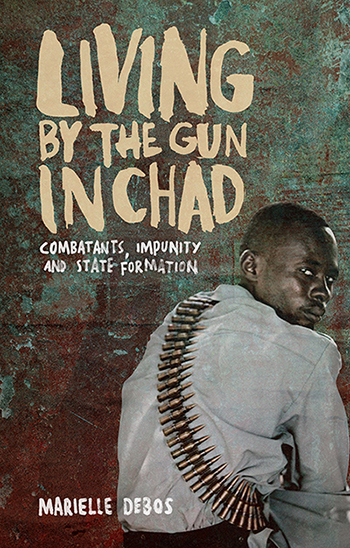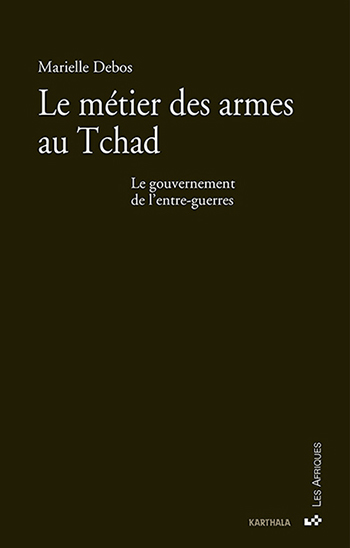
Living by the gun in Chad: Combatants, impunity and state formation, London, Zed Books, 2016.
Reviewed in:
Allegra, Anthropological Quarterly, Foreign Affairs, African Affairs, Journal of Modern African Studies, Journal of Contemporary African Studies, Mail & Guardian, New York Review of Books, Ny Tid.
How do people live in a country that has experienced rebellions and state-organised repressions for decades and that is still marked by routine forms of violence and impunity? What do combatants do when they are not mobilised for war? Drawing on over ten years of fieldwork conducted in Chad, Marielle Debos explains how living by the gun has become both an acceptable form of political expression and an everyday occupation. Contrary to the popular association of violence and chaos, she shows that these fighters continue to observe rules, frontiers and hierarchies, even as their allegiances shift between rebel and government forces, and as they drift between Chad, Libya, Sudan and the Central African Republic. Going further, she explores the role of the globalised politico-military entrepreneurs and highlights the long involvement of the French military in the country. Ultimately, the book demonstrates that ending the war is not enough. The issue is ending the ‘inter-war’ which is maintained and reproduced by state violence. Combining ethnographic observation with in-depth theoretical analysis, Living by the Gun in Chad is a crucial contribution to our understanding of the intersections of war and peace.

Le métier des armes au Tchad : Le gouvernement de l’entre-guerres, Paris, Karthala, 2013.
Politique africaine published a “book review symposium” with contributions by Laurent Gayer (Sciences Po CERI), Mirjam de Bruijn (Universiteit Leiden) and Morten Bøås (Norwegian Institute of International Affairs), and a response by the author (n°132, 2013, pp. 175-196).
Reviewed in academic journals:
Genèses, Revue française de science politique, Critique internationale, Politique étrangère, Revue internationale et stratégique, Afrique Contemporaine, Tiers Monde, as well as the press Le Monde diplomatique, Alternatives internationales, Contretemps.